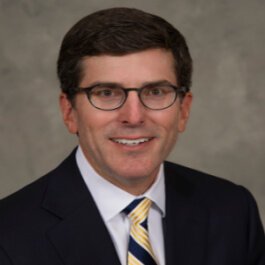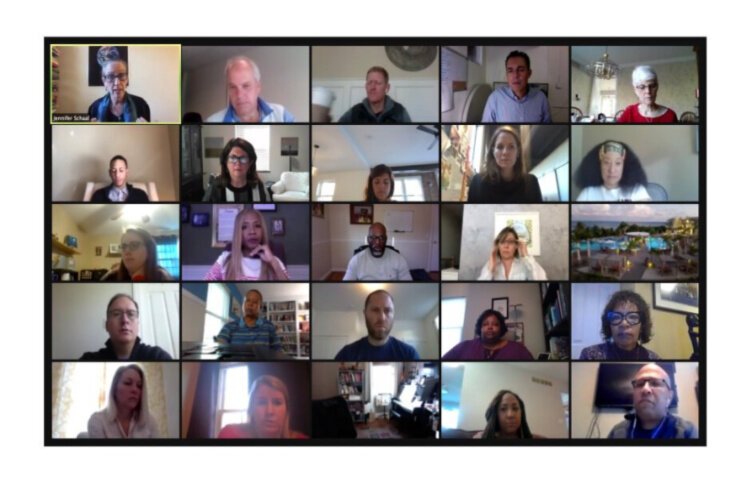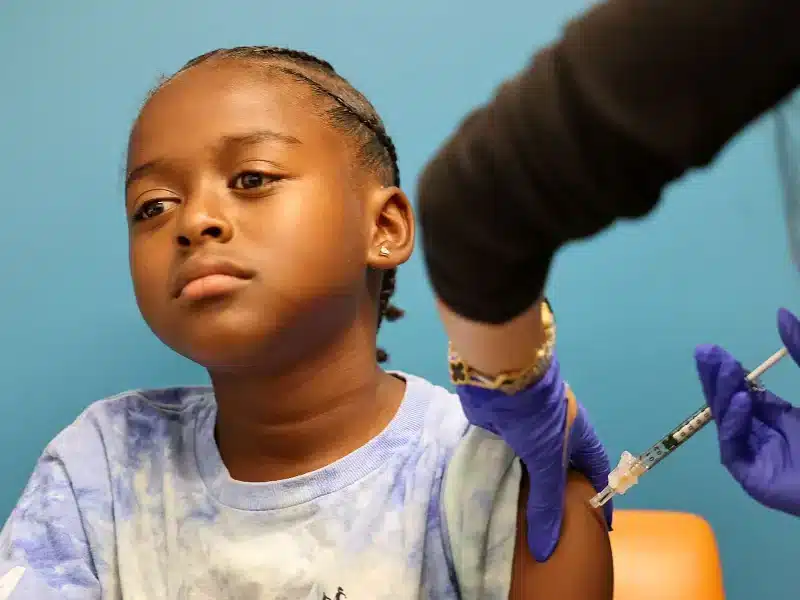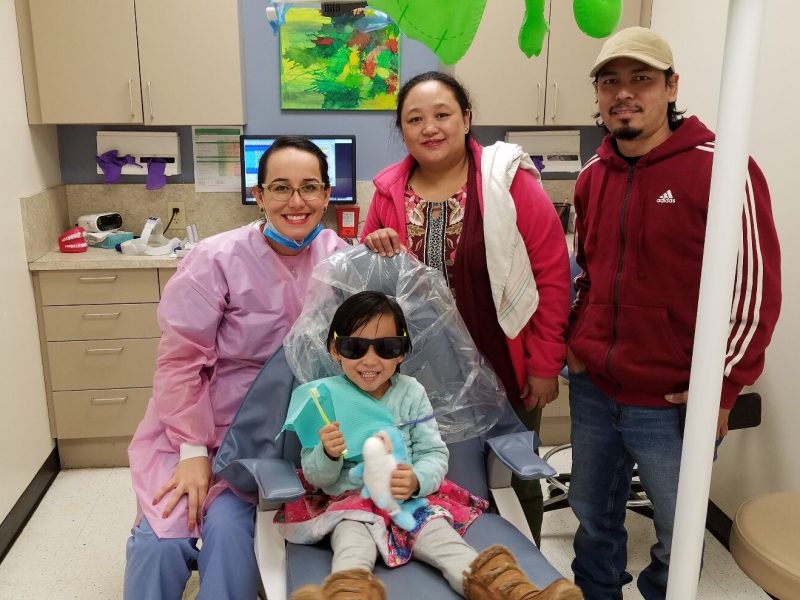‘The time is now to figure this out.’ Lighthouse CEO was moved to action by equity workshops
“It starts with me,” says Paul Haffner. “It’s not possible anymore to wish the problem away.”
As part of our Special Report on Greater Cincinnati Foundation’s Groundwater racial equity workshops, we are presenting stories of people who experienced the trainings and their responses to it. This is the second in that series.
READ THE FULL SPECIAL REPORT: Diving into the Groundwater: Exploring the depths of racism
Paul Haffner will be the first to say he grew up in Cincinnati in a white-privileged environment. Now, as an attorney, former business executive, and — since 2016 — CEO of a not-for-profit organization, Haffner has taken it upon himself to learn about the underpinnings of structural racism in our community and our nation, and to share what he’s learned.
Haffner, president and CEO of Lighthouse Youth & Family Services, is one of about 2,000 people in Greater Cincinnati who, since 2019, have participated in one of Greater Cincinnati Foundation’s Racial Equity Matters, presented by bi3, Groundwater trainings.
Groundwater is a program of the Greensboro, N.C.-based Racial Equity Institute, a not-for-profit founded to help create more equitable institutions and challenge traditional assumptions about race. Greater Cincinnati Foundation adopted the program as a key element of its Racial Equity Matters initiative.

“It’s important to open our eyes to our society and disparities,” Haffner says. “Anything I can do to educate myself about inequalities and challenges people are facing is a good thing.”
Haffner made Groundwater available to his leadership team and board of trustees. It had so much impact on them that Lighthouse asked GCF to present the training to its entire organization.
In July 2020, about 150 Lighthouse employees, board members, and some of the organization’s foster parents participated in the training over four virtual sessions.
“The time is now to figure this out,” Haffner says. “We want to start at Lighthouse and expand outward.”
The training presents a chance to pause, reflect, and take a deep dive into history and data that lays out the structural inequities in our society.
“There’s so much that goes on in the world,” Haffner says. “You’ve got your blinders on. But when you go through these trainings, you get real examples. It makes you question your own thought process.”
Personally, Haffner says, his initial response to the workshop was a sadness when presented with the historical inequities in health, income, justice, and education that the Groundwater training portrays.
“I believe that if people lose hope, then the whole foundation of a good life starts crumbling,” he says.
But that feeling gave way to motivation.
“After you’re done reflecting, then it’s stimulating,” he says. “That’s the word that comes to mind the next morning when the sun comes up.”
“It starts with me,” he says. “It’s not possible anymore to wish the problem away.”
The Lighthouse team is taking action to advance racial equity through its policies and practices, with the understanding that systemic racism significantly impacts its team and the young people and families they serve. This work involves internal and external reviews and education. Haffner says he wants all Lighthouse employees and leaders to participate in the next phase of training, called Phase 1, typically a two-day session in a smaller group that involves more dialogue and interaction among the participants.
In addition, Lighthouse has recruited African American board members, and Haffner says he is working to promote, find, recruit, train, and develop more Black leaders and board members. As part of raising awareness and honoring its history, the organization has also renamed conference rooms after the African American women who founded Lighthouse.
These steps are only the beginning. “We are making racial equity a focus in our strategic plan,” he says.
















